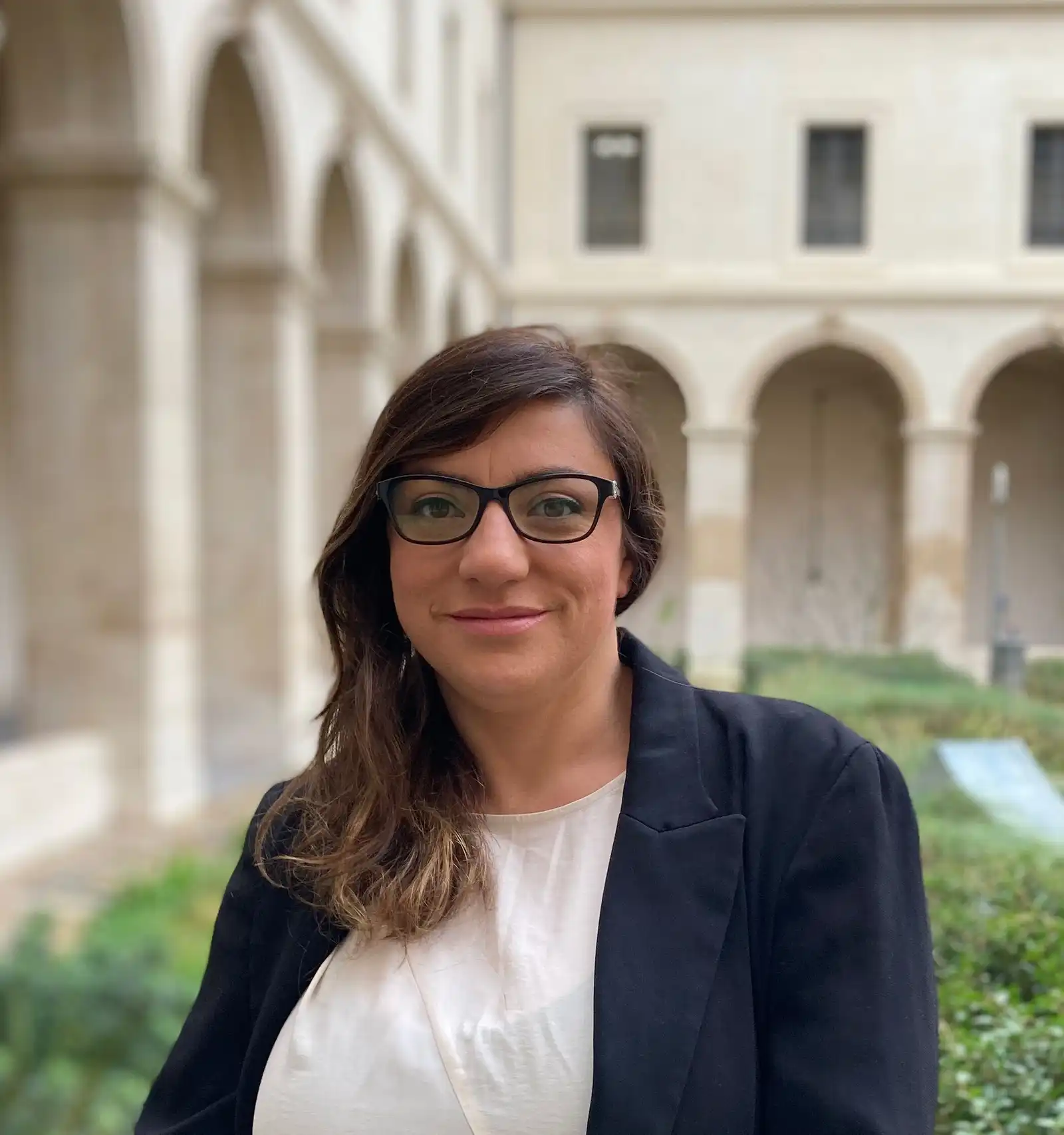
Home>The Lab>Action Research>Nature in the City
Nature in the City
The Nature in the City project, funded by the Gerard B. Lambert Foundation and anchored at the Urban School and the Maison des Arts et de la Création, embarks on a visionary exploration of the intricate relationship between urban landscapes and the natural world. This initiative seeks to unravel the complex tapestry of interactions between human societies, urban development, and the preservation of biodiversity.
The Nature in the City project is dedicated to unraveling the multifaceted dimensions of how cities and nature intersect. By investigating the influence of contemporary urbanism on biodiversity, probing into the dynamics of ecological transition, and exploring potential trade-offs related to social inclusion, the project aims to provide a comprehensive understanding of the delicate balance required for sustainable urban development.
The project poses thought-provoking questions that delve into the heart of urban-nature dynamics. Explorations include the reconciliation of informal housing, water scarcity, and biodiversity; the impact of greening housing construction on social inequalities; the strategies for developing and managing green infrastructures amidst urbanization trends; and the governance of challenges such as drought and water scarcity, and their repercussions on communities, green spaces, and biodiversity.
Francesca Ferlicca, Rachel L. Mellon Postdoctoral Fellow, in charge of the project

The post-doctoral researcher Francesca Ferlicca has recently joined Sciences Po to conduct research on the project. As an integral part of the intellectual and academic community at Sciences Po Urban School, her activities will encompass both research and teaching.
Francesca holds a PhD in Regional Planning and Public Policy from the University IUAV of Venice (IT) and, before joining Sciences Po Paris, was a postdoctoral researcher at IEALC – Instituto de Estudios de América Latina y el Caribe (University of Buenos Aires). In her doctoral thesis, "Popular Urbanization and Planning Practices in Buenos Aires," she takes a relational approach to studying planning practices, providing a cross-cutting analysis of popular urbanization in Buenos Aires across different stakeholders and their logics by examining their engagement with regulatory frameworks.
A capstone project for the Master Governing Ecological Transitions in European Cities
A capstone project, funded by the Gerard B. Lambert Foundation, is conducted by 4 students of the Master Governing Ecological Transitions in European Cities. The project titled “Nature and the city: how can the notion of landscape, through artistic and sensory approaches, help transform our urban environments into liveable cities?” is being researched and benchmarked in 3 European cities: Berlin, Copenhagen, and Bristol.
This project will examine how urbanism, biodiversity, and environmental transition are linked to social inclusion issues, access to nature, and policies for the common good. Students will reflect on how the relationship between urbanism and nature is expressed through the arts. While the field of literature seems particularly promising for such exploration, such as an analysis of how contemporary literature represents the place of life and nature in the city, we encourage an engagement with all artistic disciplines. By crossing academic research on sustainable development and green urban planning with different forms of artistic expression, we seek to fully grasp the change in cultural representations of nature and the city in this period of intense change due to urbanization, ecological transition, and climate change.
Sciences Po thanks the Gerard B. Lambert Foundation for its generous support of this program "the Nature in the City project" and the Rachel L. Lambert Post-Doctoral Fellowship.